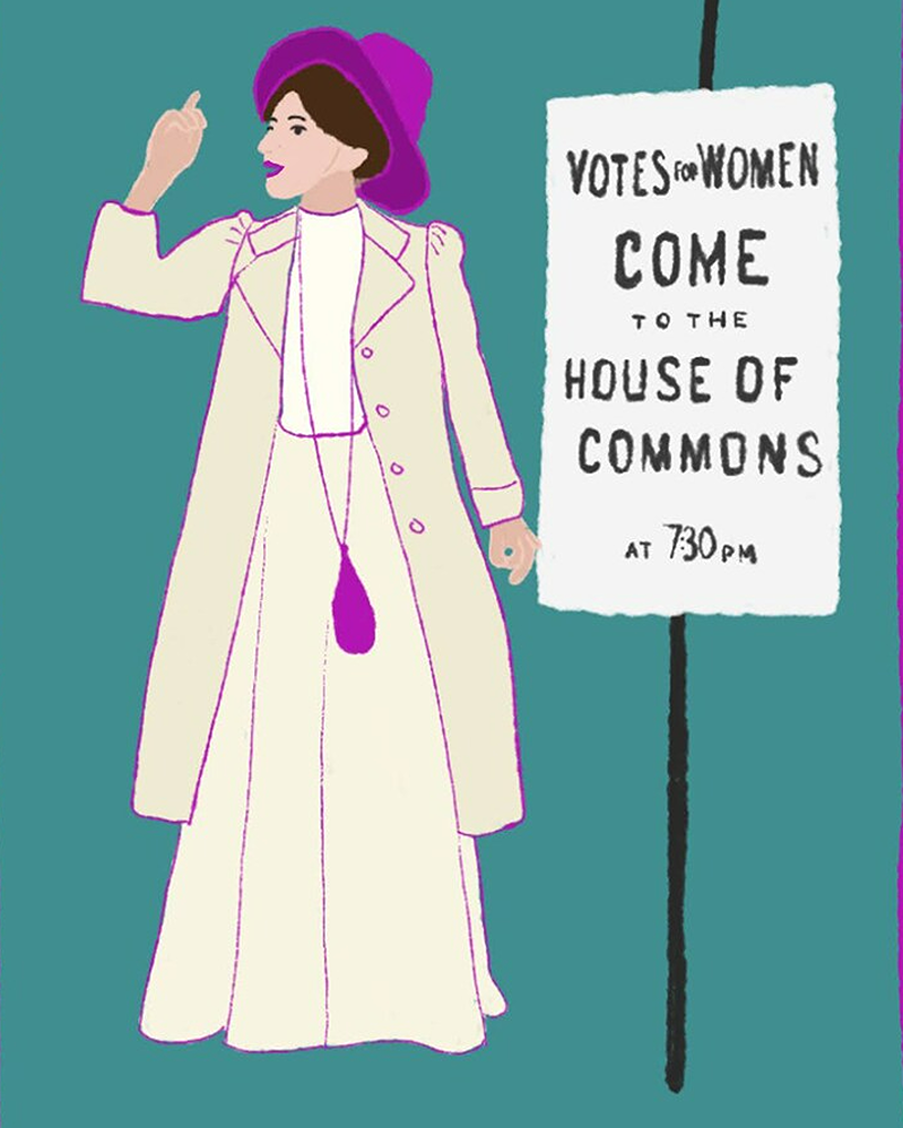
The mass media would have us believe that millions of people across England are raking in benefits they are not entitled to, watching big-screen satellite TVs, and buying mobile phones and designer trainers with money they never earned. In fact, the opposite is true. Nearly all of the billions of pounds in unclaimed benefits is waiting to be claimed by the most vulnerable in society – the elderly, carers, disabled people and those with learning difficulties. Many of these groups are completely unaware of what they are entitled to and often live for years on far less than they could claim, if only they were aware.
Usually the only way to know what you’re entitled to is to go online to websites like Entitled To and take a simple questionnaire. But of course many of the people entitled to the benefits, don’t own a computer or have internet access. People often discover they have been missing out on £100 a week or more for years (and can often claim months of backpay if available – not offered automatically so you have to ask). There are many other online benefits calculator, so go through one of them with anyone you are concerned about, to see if they can get help. This can not only help them prevent debt, but often receiving the benefits then entitles people to a lot more free help (like discounts or grants for heating, transport etc).
how much benefit is left unclaimed?
A recent report suggests that around £19 billion of money is going unclaimed, including £7.5 billion unclaimed in Universal Credit by over 1 million households. The most underclaimed benefit is (very expensive) Council Tax, with almost 3 million people not claiming almost £3 billion in help. As the Internet is so important these days to find both information and work, be sure to claim social tariffs from companies that offer free or low-cost broadband rates to those who need them (it’s estimated that 97% of people miss out, simply to not being aware).
So why do so many people not claim the benefits they are entitled to? As mentioned above, often it’s due to not having Internet access or family support (these days many people live alone and so have nobody to let them know of the help they can get). But another big reason is the complexity of the benefits system. Often making a claim is such a minefield, that many people simply don’t bother. But you should, because an extra £100 (or more) a week can make all the difference to your quality of life.
Another reason why some people don’t claim is the stigma attached, since certain right-wing politicians and media have managed to make it a source of shame to claim benefits. At the start of the pandemic, many previously affluent people lost everything, simply because they had never needed to claim benefits, and did not feel comfortable doing so. Some people were even skipping meals and rent payments, rather than sign up for benefits. The same applies to food banks, with many people feeling ashamed if they have to visit one, in order to feed their families.
In the happiest countries on earth (in Scandinavia), there is no stigma attached to claiming benefits. People are looked after by the state from cradle to grave, with working people okay with paying higher taxes, in order to fund the most vulnerable in society (Finland is soon to become the first nation on earth with ‘zero homelessness’ due to innovative methods and non-profit landlords). Stigma is gradually reducing here in England. One Croydon food bank has 10 working police offers who use the service, alongside a night-shift volunteer nurse who picks up a food crate, before going off to work at the local hospital.
Claiming the benefits you’re entitled to is extra important for elderly people, who can prevent hypothermia (from not turning on the heating) and have money to eat well. It also encourages people to get out and about and spend a little money on a cup of tea at an indie cafe, so even benefits the local economy too. Do take the time to ensure those who live nearby (or relatives) are getting all their benefits.
One helper in Kent secured an extra £11,500 a year for a pensioner couple who were living on low benefits. And in Coventry, a pensioner who was living on £55 a week (seriously) received an extra £138 a week (over £7000 a year) once benefit checks were performed. Collectively, around 850,000 pensioners across the UK are not receiving what they are entitled to. And for those who are from the ‘get on your bike and find work’ generation, it may take a little persuasion to have them take the money. But they worked and paid taxes all their lives, so let’s return the favour.
how common is benefit fraud?
Benefit fraud is obviously when people claim for money they are not entitled to, whether that’s providing false information or not reporting a change in circumstances. But even if convicted, many benefits by law have to remain. One idea to prevent benefit fraud is to simplify everything by scrapping most benefits, and replacing with a Basic Income.
It’s interesting that tax evasion is around £5.5 billion. Yet benefit fraud (although substantial) is far less (around £3.3 billion). Yet MPs focus far more on those who cheat the benefit system, rather than donors who live abroad and don’t pay tax (or big multi-nationals who use clever accountants to set up shop here, but then pay little or no tax to contribute to the NHS and other public services).






